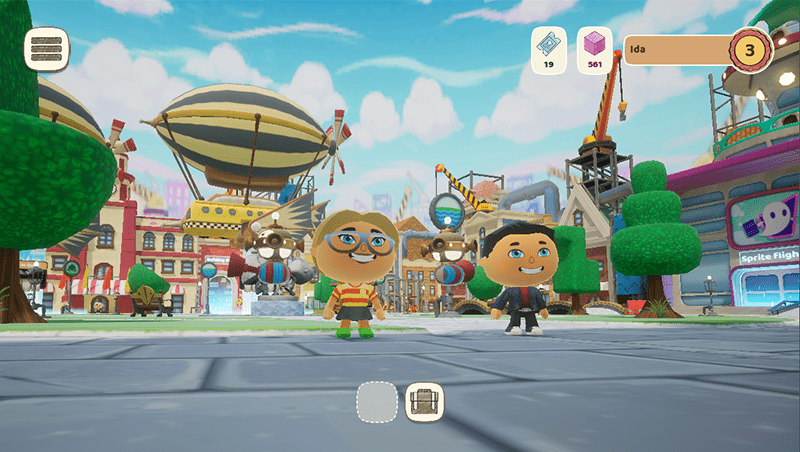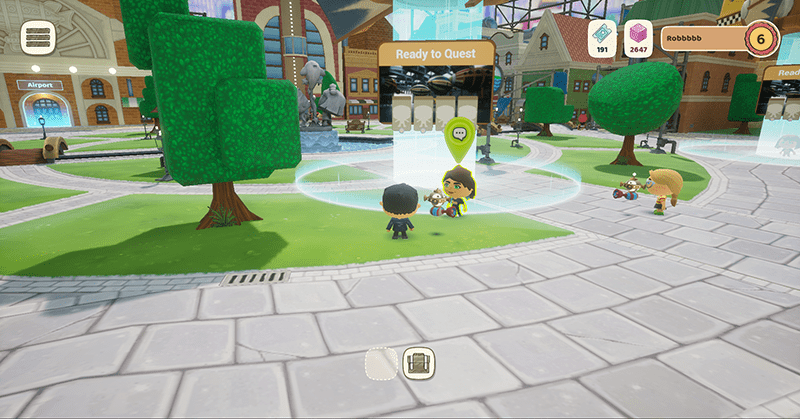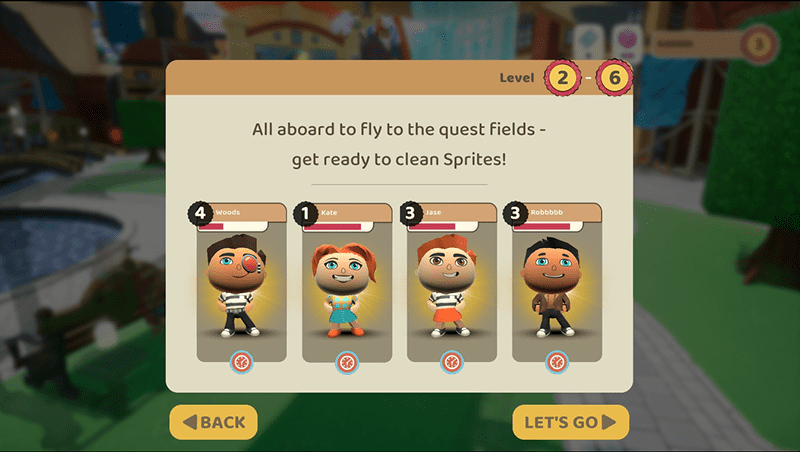Back to library
Maths in Town Squared: Maths and gameplay
Town Squared introduces players to a quaint little town of buildings surrounding the town square. This is where players use maths to build, measure, calculate, plan and help grow the town for the benefit of all the inhabitants.
Our approach uses three key elements to explore maths concepts, and to apply mathematical thinking to solve problems.

Using 'The Big Ideas in Maths' as the foundation
All maths education relies on a deep grounding in foundational concepts and skills. Often called 'The Big Ideas in Maths', these maths concepts are the basis of all maths learning, and are found in every maths curriculum around the world.
Sometimes, a child may not have fully grasped this foundational maths before the class moves on to the next level. Practicing foundational maths in a game provides the motivation, enjoyment and confidence in growing skills.
With the help of our maths advisors, we are working with Cambridge University's definition of The Big Ideas in Maths to develop these key concepts as replayable maths activities. These are built into the buildings around the town, and layered with techniques to address maths anxiety, to create a supportive environment that encourages a child to work on their maths skills.
Using game elements to motivate maths effort and address maths anxiety
Town Squared takes game design techniques and applies them to good learning methods. Our goal is to use play to keep children motivated for the right reasons - using and improving their maths skills - and mixing this with techniques to address maths anxiety.
- Players must complete maths tasks to earn an airship ticket and go on a cleaning quest with friends. Going on a quest is massively fun, and it must be earned - which is a major motivator to keep progressing through the maths.
- Replayable activities that you can come back to any time: children need to practice a skill to embed it in their understanding, but it can be difficult to motivate them to practice (and pretty unrewarding for parents as well). Replayable games are great for making practice worthwhile - if they are developed by game designers and maths educators, as all our games are.
- Choice, control and acknowledgement of maths anxiety are layered into the game. Children can choose which maths activities to play, or learn some basic techniques like breathing management to help them understand and manage their fears. Reports in the Portal help family members see which aspects of maths a child is playing or avoiding, use the resources to work out what to do to support their child.
- Each maths activity has its own incremental rewards: players know if they 'just give it one more try' they can reach the goal of an airship ticket. This is a typical game element put to good use as a maths practice motivator!


Applying tried-and-true educational techniques in digital ways
Good teachers present maths in different contexts, provide the right level of challenge to encourage a child's curiosity, and to support them when they need help. Town Squared applies these techniques to detect how your child plays, and present the right level of challenge and encouragement.
- Maths activities present core concepts in multiple ways and with different game styles. This is because children need to solve problems in different ways in order to really understand a concept. So as the town grows, new buildings open with either a new aspect of a maths skill, or a different way of applying a known maths skill.
- Maths activities scale in difficulty. Most maths activities start out quite simple, so children can quickly grasp how to play. As the game learns your child's skill level, the maths activities adjust so there is just enough challenge for your child's level. These levels are designed by maths educators to align with the way maths learning progresses in school, so your child can gradually improve their understanding or skills.
- Supportive feedback and hints appear as the difficulty increases, and the level adapts to be easier if needed. This 'just in time' design means the game can respond to your child's individual needs, and provide hints and support if they have difficulty with a concept.
- Players can start and stop a maths activity at any time - but they won't earn a quest ticket if they give up. This combination of encouragement and reward keeps a child motivated to practice their maths skills, or tackle a concept when they don't feel confident.
Each maths activity in the game focuses on an aspect of maths, and there's a resource explaining each one in detail in the Library. Look for the resources tagged Maths in Town Squared to find these.
